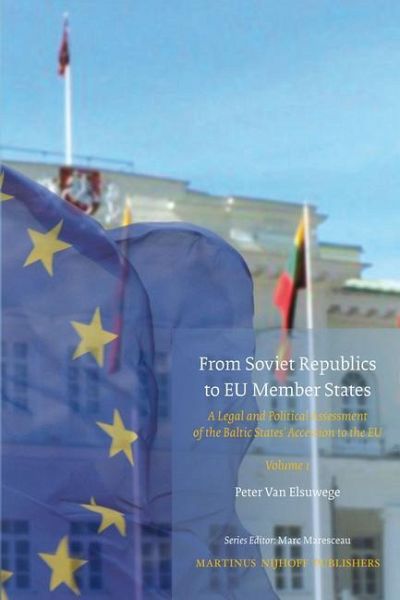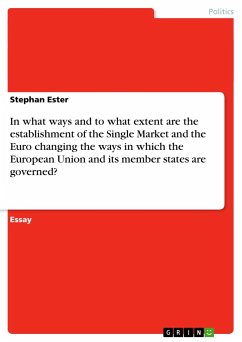Nicht lieferbar

From Soviet Republics to EU Member States (2 Vols)
A Legal and Political Assessment of the Baltic States' Accession to the EU
Versandkostenfrei!
Nicht lieferbar
This book offers a comprehensive analysis of the legal and political challenges surrounding the EU accession of the Baltic States. It examines the impact of EU enlargement on relations with Russia and on the constitutional development of the countries concerned.












